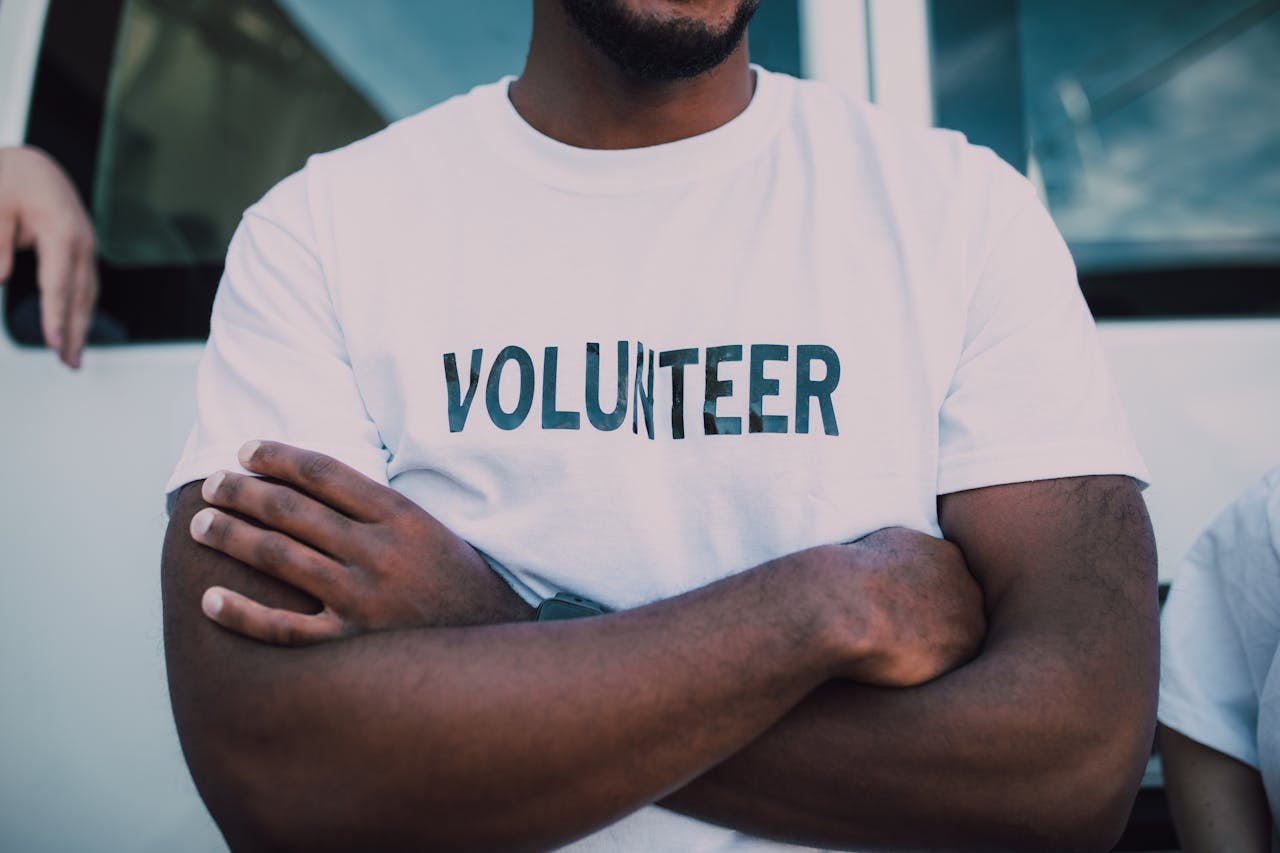There are many ways people approach recovery having gone through alcohol or mental health difficulties or indeed any other form of addiction, with different coping mechanisms suiting different people.
However, becoming a volunteer can be a great way to aid recovery, and for a number of reasons too. So, if you’re in recovery, here’s why becoming a volunteer could be a great idea for you…
1. Provides Structure and Routine
One of the key challenges you’ll face in addiction recovery is finding a routine that is stable and healthy. Particularly during the early stages. The absence of structure can lead to feelings of loneliness, boredom and aimlessness, all of which are common triggers for relapse.
By volunteering, you bring a regular schedule into your routine and something constructive to do with your time. This can have a real knock on effect in staying focused on your recovery goals too.
2. Boosts Self-Esteem and Confidence
Self-esteem and confidence can often be at rock bottom due to addiction and in recovery it’s all about building that back up again to tackle recovery and be comfortable in yourself. There are many ways to build confidence, and that includes volunteering.
When you’re giving your time and energy to helping others and contributing to something meaningful there’s a real sense of accomplishment that can have a huge positive impact on confidence.
It doesn’t matter if you’re assisting at a local charity, helping at community events or even getting involved in gardening in community spaces, knowing you’re making a difference can be incredibly valuable and provide you with the confidence to address your recovery head on.
3. Builds a Supportive Community
Isolation is a common issue for many people in addiction recovery. Feelings of loneliness or being disconnected from others can make it more challenging to maintain sobriety. Volunteering provides an opportunity to meet new people, build connections, and become part of a supportive community.
Many volunteer programmes operate within teams, allowing you to work alongside others who may share similar interests or experiences. These social interactions can help you to develop healthy relationships, replace negative influences, and create a network of people who support your recovery journey. Engaging in positive, meaningful interactions with others helps you to feel less isolated and more connected to the world around you.
4. Gives You a Sense of Purpose
During addiction, many people feel like they have lost their sense of direction. Recovery is not just about quitting substances; it’s about rediscovering meaning and purpose in life. Volunteering gives you a tangible way to make a positive impact, which can help you find or regain a sense of purpose.
Knowing that your efforts are making a difference in the lives of others can provide deep satisfaction and a reason to stay committed to your recovery. It reminds you that your life has value and meaning beyond addiction, and that you can contribute to society in a positive way. This renewed sense of purpose can help you stay focused and motivated, particularly during difficult moments in your recovery.
5. Helps You Stay Accountable
Volunteering involves a certain level of responsibility. When you commit to helping others, you are not only accountable to yourself but also to the organisation or people you are supporting. This added responsibility can reinforce your commitment to staying sober, as others may be depending on your presence and efforts.
Knowing that you are expected to show up and contribute can motivate you to stay on course with your recovery. It creates a sense of duty and obligation that can be very helpful when dealing with cravings or difficult emotions. Additionally, by being part of a community, you may feel encouraged to continue working on your recovery, as those around you can offer support and hold you accountable.








